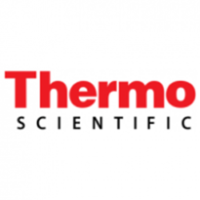Atomic force microscopes (AFM) offer atomic-scale resolution for imaging applications in life sciences and materials research.
But AFM’s often come with a very expensive price tag – which can make it a challenge for scientists to afford this technology in these days of shrinking research budgets.
Earlier this month, our partners at Asylum Research introduced a high performance solution that expands the reach of atomic force microscopes to researchers with limited budgets for imaging instrumentation. This new AFM eliminates some of the more advanced accessories and features of the high-end models without sacrificing core performance.
“This is in stark contrast to some competitors who have taken old technology and repackaged it as entry-level AFMs with lower performance,” says Ben Ohler, AFM Business Manager, in an Asylum Research news release. “(This model) is based on the technology-leading MFP-3D AFM, known for closed-loop precision, high-resolution imaging, and low-noise force measurements.”
This model – the MFP-3D Origin – is great news for the AFM research community. It offers far more than just the basic scan modes that you’d expect in a more affordable model and it includes many advanced modes such as nanolithography, Dual AC Mode and piezoresponse force microscopy.
Like the higher-performance model it’s based on, it can be used for a variety of applications in material science, physics, data storage and semiconductors, polymers, chemistry, biomaterials and bioscience. The MFP-3D can be used for single molecule mechanical experiments on DNA, protein unfolding and polymer elasticity, as well as force measurements on biomaterials and polymers.
Until now, purchasing a lower cost AFM meant sacrificing resolution, scan speed, or the availability of sophisticated imaging modes. With the advent of the Origin from Asylum Research, a limited budget does not translate into limited research.
Please contact us and speak to one of our sales representatives to request a quote or more information on any of our products.








